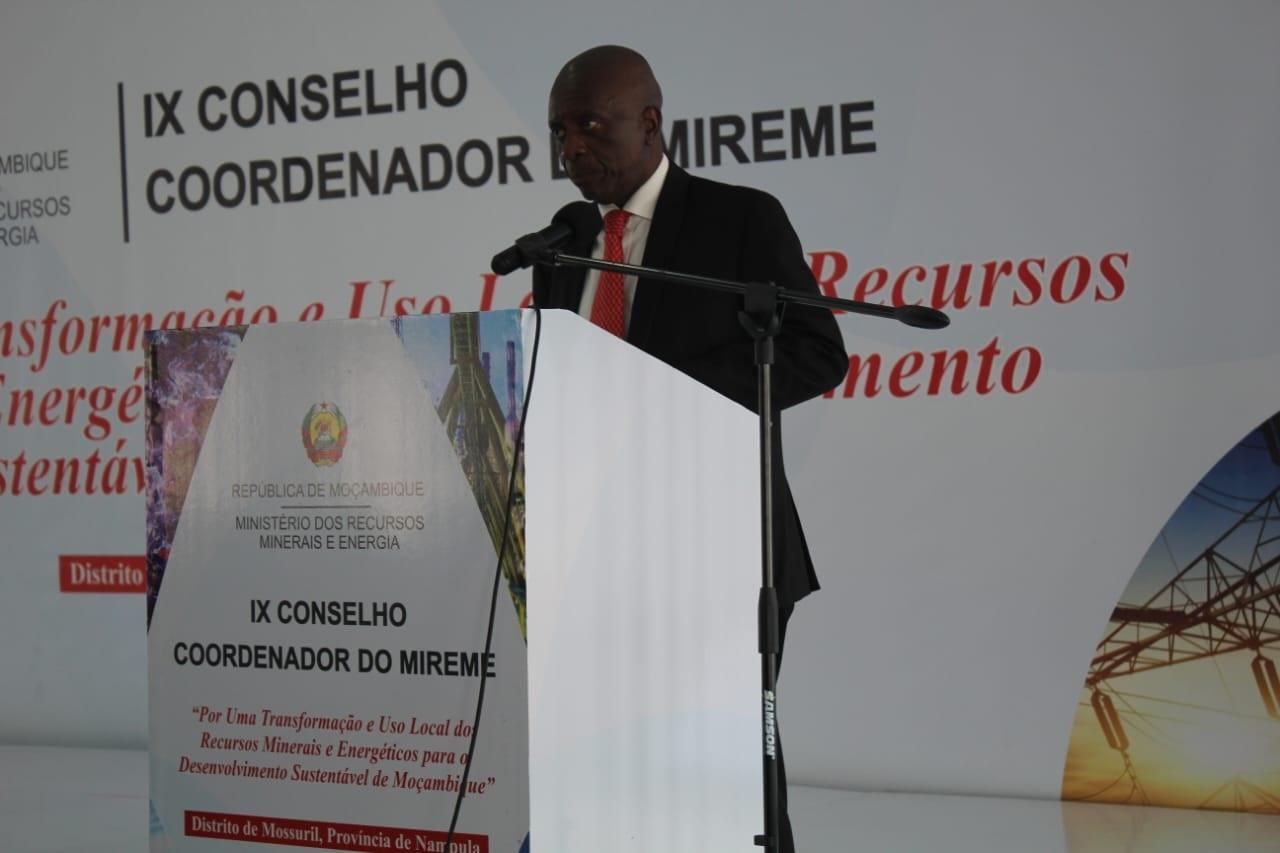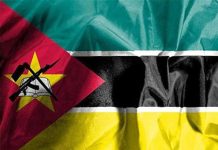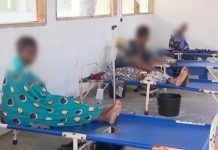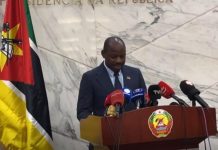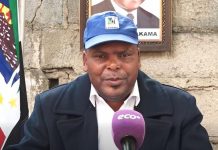Africa-Press – Mozambique. Mozambique’s minister of mineral resources and energy pointed to illegal mining as one of the main challenges facing the country’s mining sector, acknowledging that a considerable number of Mozambicans live off illegal mining.
“One of the areas where we have major challenges is mining […] In the informal area, we have to recognise that many Mozambicans dedicate themselves to [illegal] mining as a way of guaranteeing their livelihoods, without observing the environmental and safety rules that are common,” Carlos Zacarias said.
He was speaking on the sidelines of the opening of the meeting of the Coordinating Council of the Ministry of Mineral Resources and Energy, which is taking place in Mossuril, in the northern province of Nampula.
Carlos Zacarias said that despite the challenges, the government had endeavoured to pay “due attention” to illegal mining.
“We sometimes see serious accidents, which can even lead to deaths. This area of small-scale mining is one that we have to pay a lot of attention to,” he added.
Among the various mining companies operating in Mozambique, Montepuez Ruby Mining (MRM), which exploits rubies in northern Mozambique, has been the one to complain most about the impact of illegal mining in the country, denouncing what it calls the “modern slavery” to which many young people are subjected, at the behest of gem traffickers on the international market, in the deposits within the company’s concession.
Since mining began in 2012, dozens of illegal miners have lost their lives in various accidents on the almost 34,000 hectares of concession that the company, which is 75% owned by the Gemfields group, has in Cabo Delgado.
In addition to the challenge of illegal mining, Carlos Zacarias highlighted the plans to expand the country’s electricity grid. According to the Energy Transition Strategy, the country aims to achieve universal access to energy by 2030 with measures that include expanding the electricity infrastructure and off-grid solutions.
“In this province alone [Nampula], in terms of the target, we have between 60 and 70% coverage. We want to take advantage of this opportunity [the coordinating council] to try to resolve some aspects that have not allowed us to finalise electrification so far,” he added.
According to the economic and social balance of the implementation of the State Budget from January to June, 194,767 new home energy connections from the National Grid and Isolated Systems were made during this period, bringing the national coverage rate to 49.4% of households, compared to 47.8% at the end of 2022 or 40.3% in 2021.
The coordinating council meeting in Nampula is taking place until this Friday under the motto “Towards the transformation and local use of mineral and energy resources for development”, bringing together various ministry officials and the chairs of various public companies.
For More News And Analysis About Mozambique Follow Africa-Press

